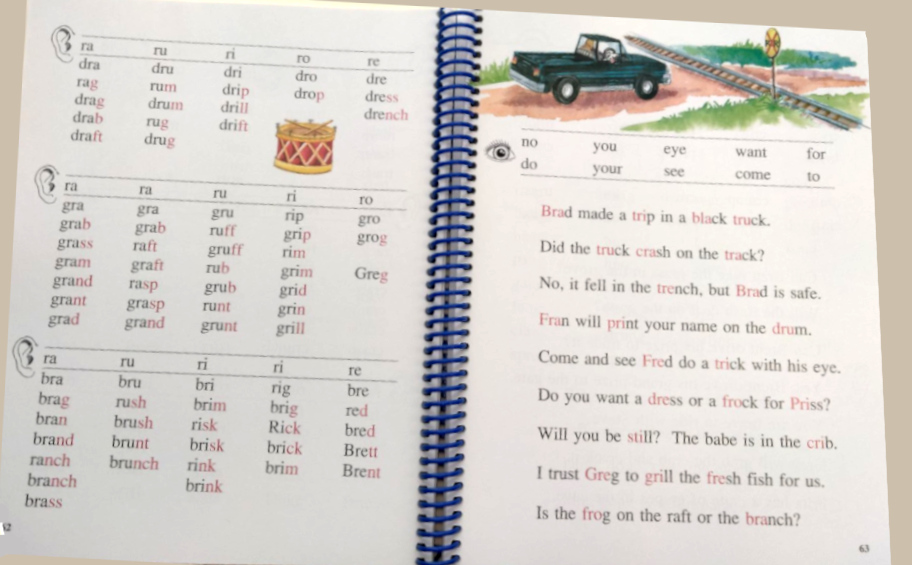**Previously recorded by Phyllis Schlafly // May 2011 **
Realizing that learning to read is fundamental to education, the public school lobby is yelping about proposed cuts in grants for literacy programs. Yes, I agree that literacy should be job number one, but after all these years why do we have to go to the unnecessary expense of passing out money to find a good reading program?
For years, so-called experts who talk about public school education have said that kids should be able to read by the fourth grade. Recently, several Governors said that students should be able to read by the third grade. I think even that is a stupid goal. Children should be taught to read in the first grade by an authentic phonics system in which they learn the sounds and syllables of the English language and how to put them together to read words of more than one syllable. There is nothing expensive or mysterious about this basic task.
Since the textbook publishing industry has allowed all first-grade readers that teach authentic phonics to go out of print — because schools were not allowed to buy phonics readers any more — I wrote a wonderful phonics system for first-graders called “First Reader.” It sells for only $29.95, and the accompanying Workbook sells for only $9.95, both with free shipping.
Instead of wasting more federal money on various literacy programs, and grant-writers and grant-readers to apply for federal money, I suggest that we let first grade teachers try out different readers and then choose the readers they think is the best, and then award bonuses to first-grade teachers based on how many kids they successfully teach to read. A little competition should answer the question that so called experts are asking, and do it at no cost to the taxpayers.
###
To help with the reading crisis in the United States, because she believed that to remain free, Americans must be able to read, Phyllis Schlafly developed two comprehensive phonics reading programs including complete instructions, First Reader for first time readers, and the optional First Reader workbook, and TurboReader especially for older students and adults to learn to become great readers.






